The Royal Albert Hall, as Douglas Adams never wrote, is big. Really big. You just won’t believe how vastly, hugely, mind-bogglingly big it is. Which is great if you want a colossal audience; less great as a venue for classical music. True, sound engineers have brought us a long way from the 19th century, when one critic (it might have been Bernard Shaw) described a Weber overture wafting around that cavernous acoustic like a feather caught in a draught. If you tune in to Radio 3 — which is how most listeners have always heard the Proms — it sounds fine. But it wouldn’t be anyone’s first choice of venue for a series of classical concerts unless, as mentioned, you’re expecting a vastly, hugely, mind-bogglingly big audience.
The first night of this year’s live Proms had the BBC Symphony Orchestra under Sakari Oramo performing to an audience of one: the composer Hannah Kendall, whose new orchestral work Tuxedo: Vasco ‘de’ Gama (the title comes from Jean-Michel Basquiat) opened the concert in a flourish of jagged energy before deflating over a tinkling scrap of a spiritual. Watching it on TV had certain benefits: the camera zoomed in on the tailcoated percussionist earnestly winding a strip of punched paper through an itsy-bitsy musical box. And you were free to hurl cushions at the screen when the presenter stated that the music addresses ‘notions of identity’.
But you see the problem? When the camera spun round to show Kendall sitting alone in the hall, it did seem rather a pity that an organisation with the BBC’s resources hadn’t found a way to fill at least a few of those 5,000 empty seats. It will have its reasons, of course, possibly quite unrelated to social distancing. I once managed a concert hall that could easily seat 500 people. Didn’t matter: once we hit 300 we had to turn people away, not for lack of space, but because the venue’s licence stipulated that to accommodate any more, we would have to double the number of urinals. That, ladies and gentlemen, is how the performing arts work.
Still, even giving the BBC the benefit of the doubt on this particular Proms controversy (and as we say in the Midlands, I’m not touching the other one with a shitty stick), watching an orchestra play into a void just feels weird. On the radio, though, it’s indistinguishable from normality. You can enjoy the music: Oramo’s spry, smiling account of Beethoven’s Eroicasymphony, played by a socially distanced BBC Symphony Orchestra that was actually relatively close to the size of ensemble that premièred the symphony in 1804. Or the melancholy rasp of the harmonicas that Kendall had incorporated into her score — a colour so evocative that you might wonder why we don’t hear more mouth organs in symphony orchestras.
As if to double down on that question, Sunday night’s concert featured Kurtag’s …quasi una fantasia…, another rare orchestral outing for the tin sandwich. Kurtag transforms a distant memory of Beethoven into a spectral, silver-flecked cobweb of sonorities in which the harmonica flashes like tarnished steel while a solo piano — played here by Mitsuko Uchida — picks out foreground details in pearlescent light. It’s an old favourite of Sir Simon Rattle, whose programming is most compelling when he’s permitted to follow his wackier trains of thought: Sibelius symphonies sandwiched between all three of Beethoven’s Leonora overtures, say, or random movements by Haydn welded into a 50-minute super–sonata. Given an empty Albert Hall, he had the London Symphony Orchestra’s brass section playing Gabrieli from the balconies and Uchida prefacing the Kurtag with the first movement of Beethoven’s Moonlight sonata.
It didn’t all work. The plinking pastel triads of Thomas Adès’s Dawn— a world première — were duly described by the presenter as ‘an instant classic’: which is the sort of thing that happens once the musical establishment has decided that a composer is too big to fail. Elgar’s Introduction and Allegro, however, was like a summer rainstorm, and the LSO strings have rarely sounded more vibrantly alert and alive (on telly, at least). Rattle finished with Vaughan Williams’s Fifth Symphony: setting out with the resolve of a man who knows his Sibelius, and striding onwards and upwards through those mist-covered foothills to the moment in the finale when the radiance of VW’s agnostic Heavenly City burns through the cloud and the glory floods over us. It’s easy to forget that Vaughan Williams studied with Ravel. Rattle certainly didn’t, and the glistening, multilayered sensuality of the LSO’s playing in those final bars was more than just ecstatic in the abstract. It was positively sexy.
Got something to add? Join the discussion and comment below.
Get 10 issues for just $10
Subscribe to The Spectator Australia today for the next 10 magazine issues, plus full online access, for just $10.
You might disagree with half of it, but you’ll enjoy reading all of it. Try your first month for free, then just $2 a week for the remainder of your first year.


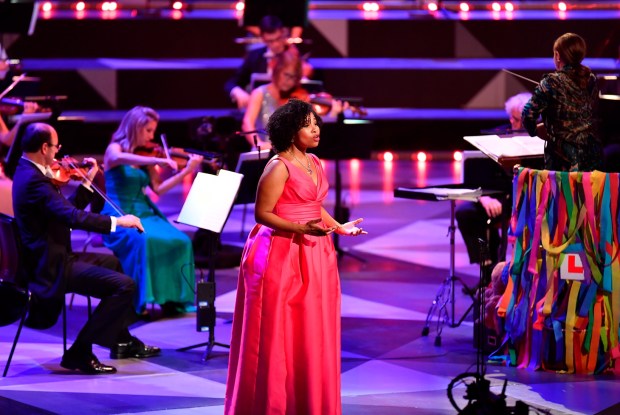
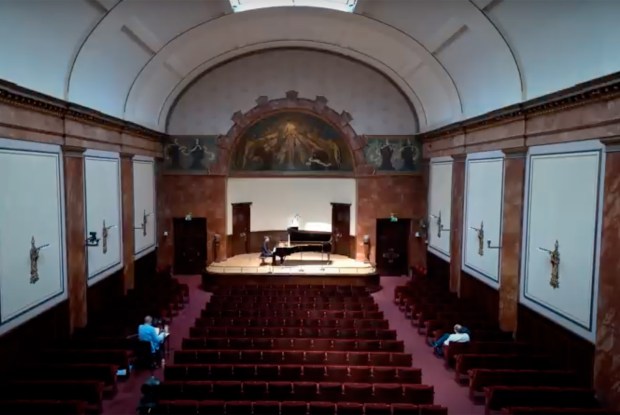
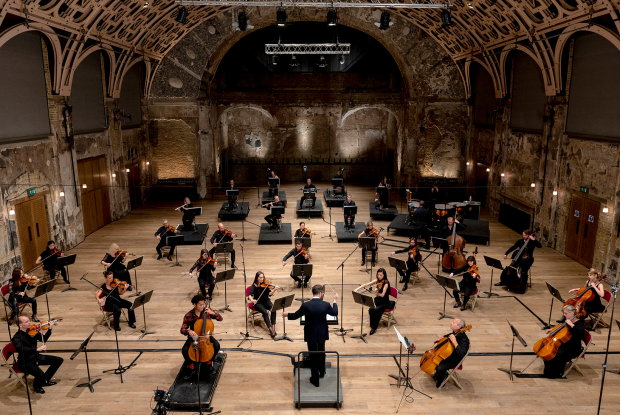
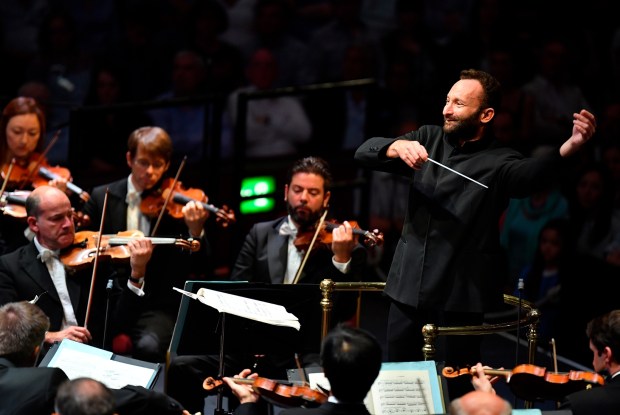
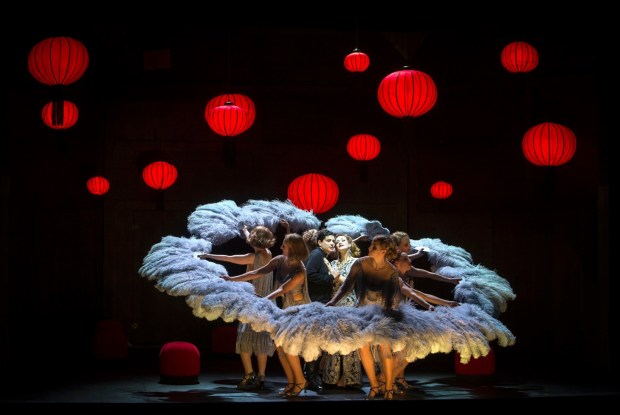
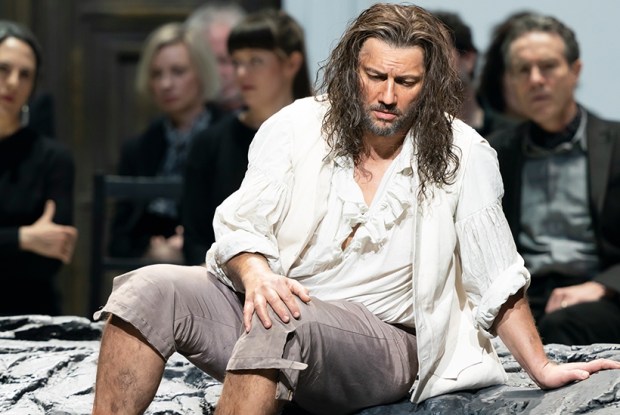






Comments
Don't miss out
Join the conversation with other Spectator Australia readers. Subscribe to leave a comment.
SUBSCRIBEAlready a subscriber? Log in